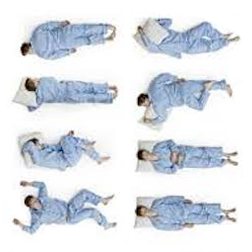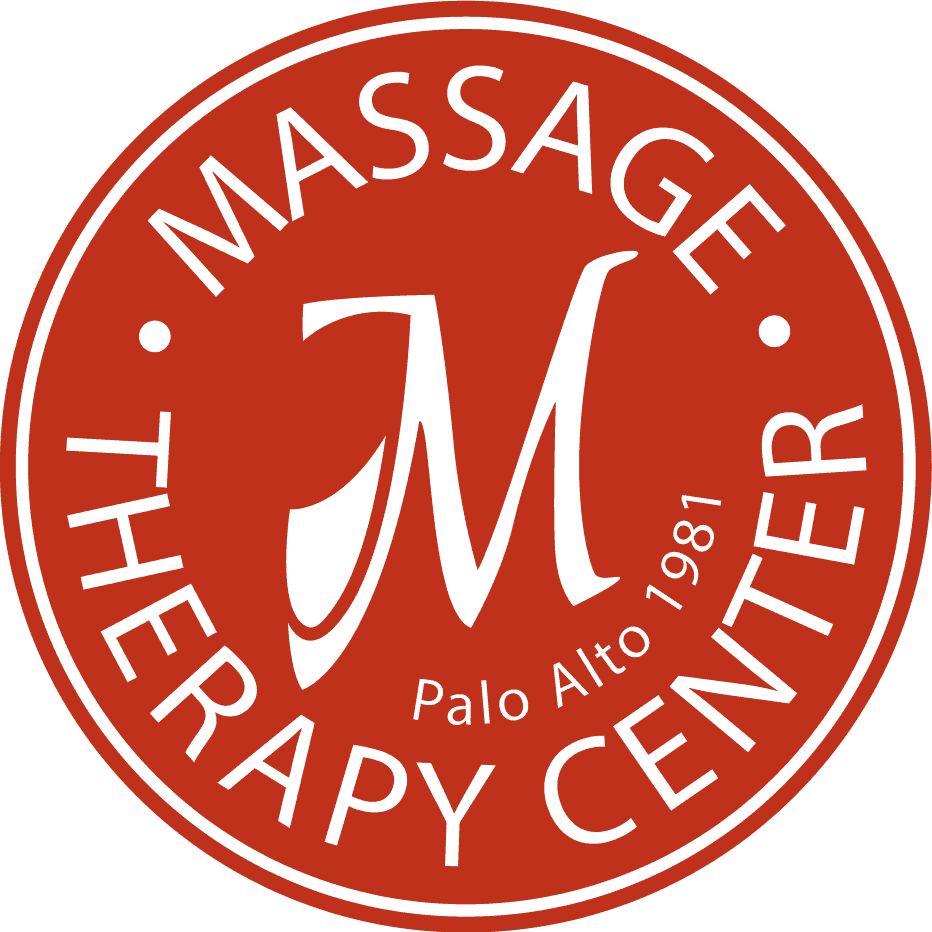Tips for a Better Night’s Sleep

Getting enough quality sleep (7–8 hours) is essential for health, brain function, and overall performance. If you’re having trouble sleeping, here are some good sleep habits that can help:
- Go to sleep at the same time each night and get up at the same time each morning. Some recommend being asleep before 10pm, when your circadian rhythm cycles into a phase of wakefulness.
- Don’t watch TV or use a computer or electronic device before bed, or if you wake up during the night.
- Avoid caffeine, nicotine, and alcohol late in the day. Caffeine and nicotine are stimulants and can make it hard to fall asleep. Alcohol can cause waking in the night and interferes with sleep quality.
- Get regular exercise, but not close to bedtime because it can stimulate you, making it hard to fall asleep.
- Don’t eat a heavy meal late in the day. A light protein snack before bedtime, however, may help you sleep as it keeps your blood sugar from getting too low, which can wake you up.
- Make your sleeping place peaceful and comfortable—dark, quiet, not too warm or too cold. Try a sleeping mask if light is a problem or earplugs if noise is an issue.
- Avoid using your bed for anything other than sleep or nurturing physical contact.
- De-stress before going to bed. Take a hot bath, read a calming book, listen to soothing music or guided imagery for relaxation. Do restorative yoga poses or breathing exercises to stimulate your calming parasympathetic nervous system. The 4-7-8 breathwork taught by Dr. Andrew Weil can be very effective when done regularly.
- Avoid long naps during the day, which can make you less sleepy at night. If you don’t feel drowsy after lying in bed for 15 minutes, get up and do something relaxing.
- If you tend to stay awake worrying about things, try keeping a journal where you chronicle your worries and concerns. Set aside time to write in the early evening.
Stress is one of the most common causes of poor sleep. Getting expert bodywork at Massage Therapy Center Palo Alto can help by releasing tension and calming your nervous system’s stress response. Therapeutic touch also stimulates your body’s natural healing mechanisms that repair and detox while you sleep.
